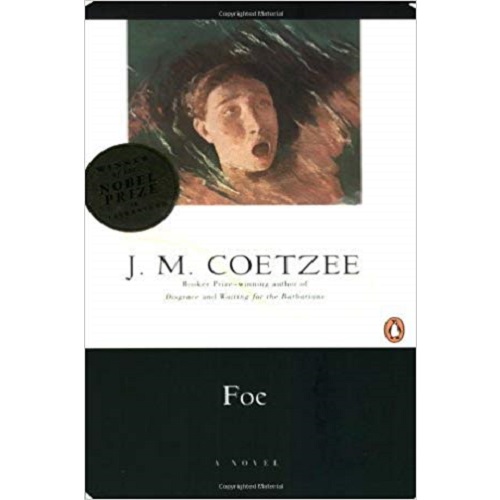-

Foe By J. M. Coetzee
₦15,000By J. M. Coetzee
With the same electrical intensity of language and insight that he brought to Waiting for the Barbarians , J.M. Coetzee reinvents the story of Robinson Crusoe—and in so doing, directs our attention to the seduction and tyranny of storytelling itself.
In 1720 the eminent man of letters Daniel Foe is approached by Susan Barton, lately a castaway on a desert island. She wants him to tell her story, and that of the enigmatic man who has become her rescuer, companion, master, and sometimes lover: Cruso. Cruso is dead, and his manservant, Friday, is incapable of speech. As she tries to relate the truth about him, the ambitious Barton cannot help turning Cruso into her invention. For as narrated by Foe—as by Coetzee himself—the stories we thought we knew acquire depths that are at once treacherous, elegant, and unexpectedly moving.
